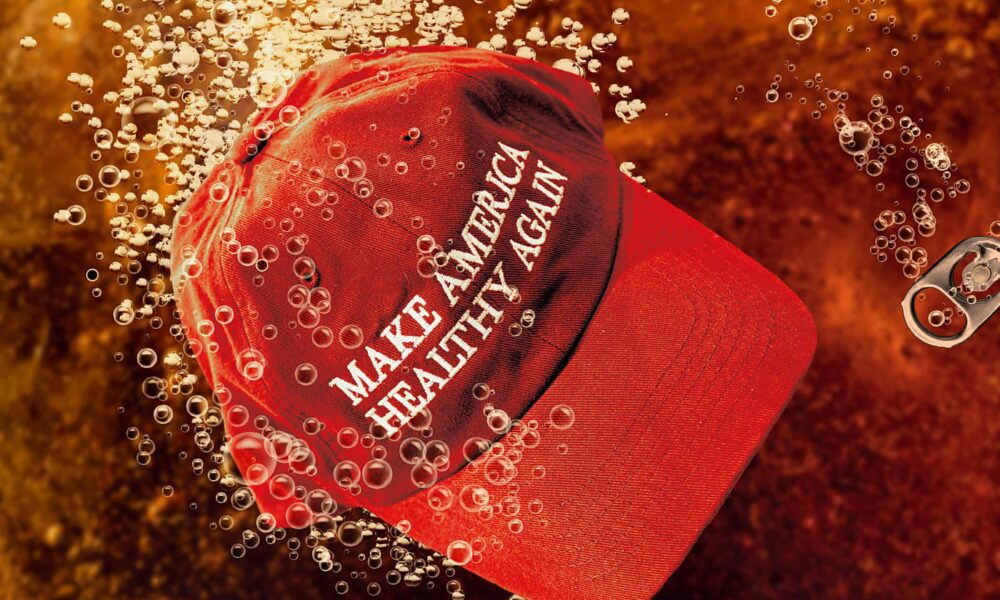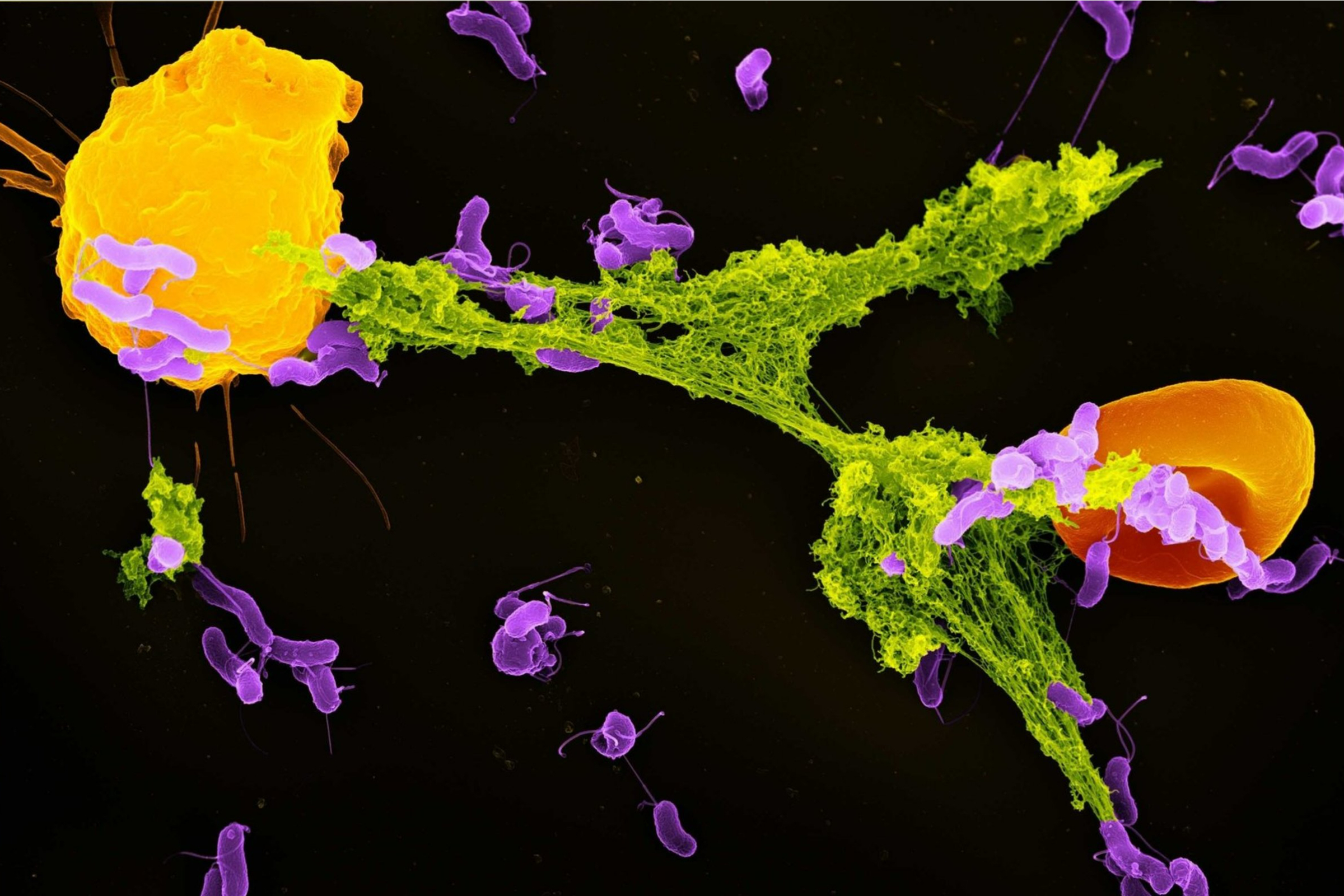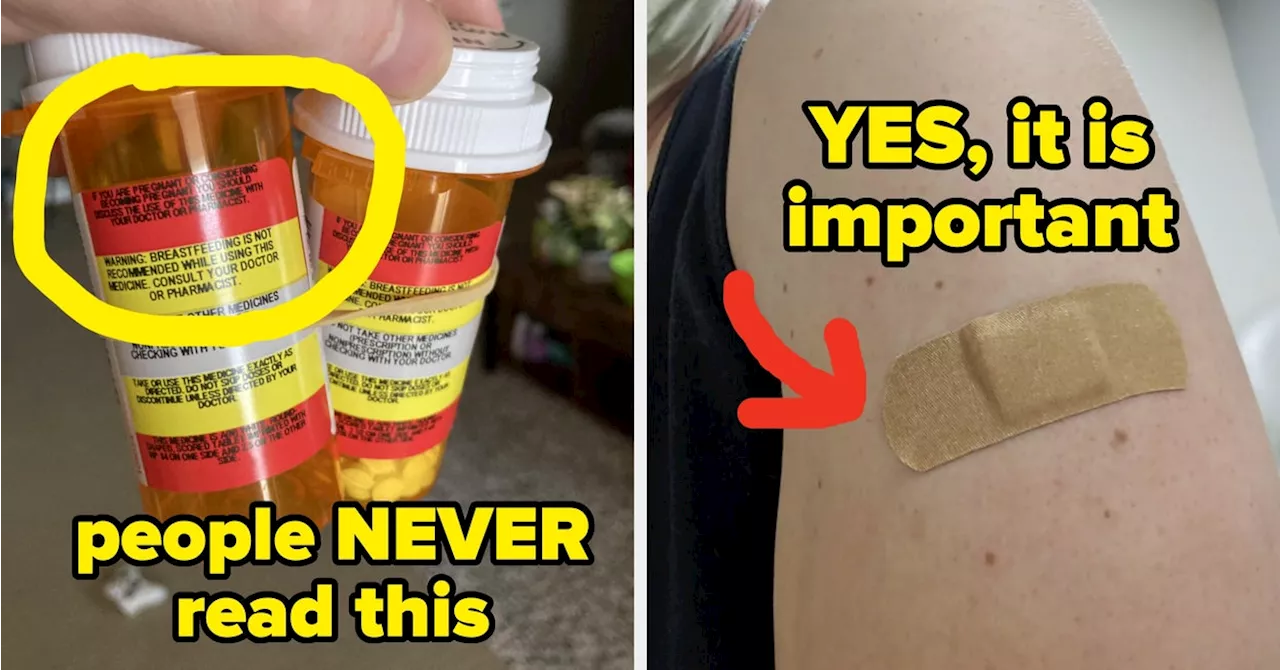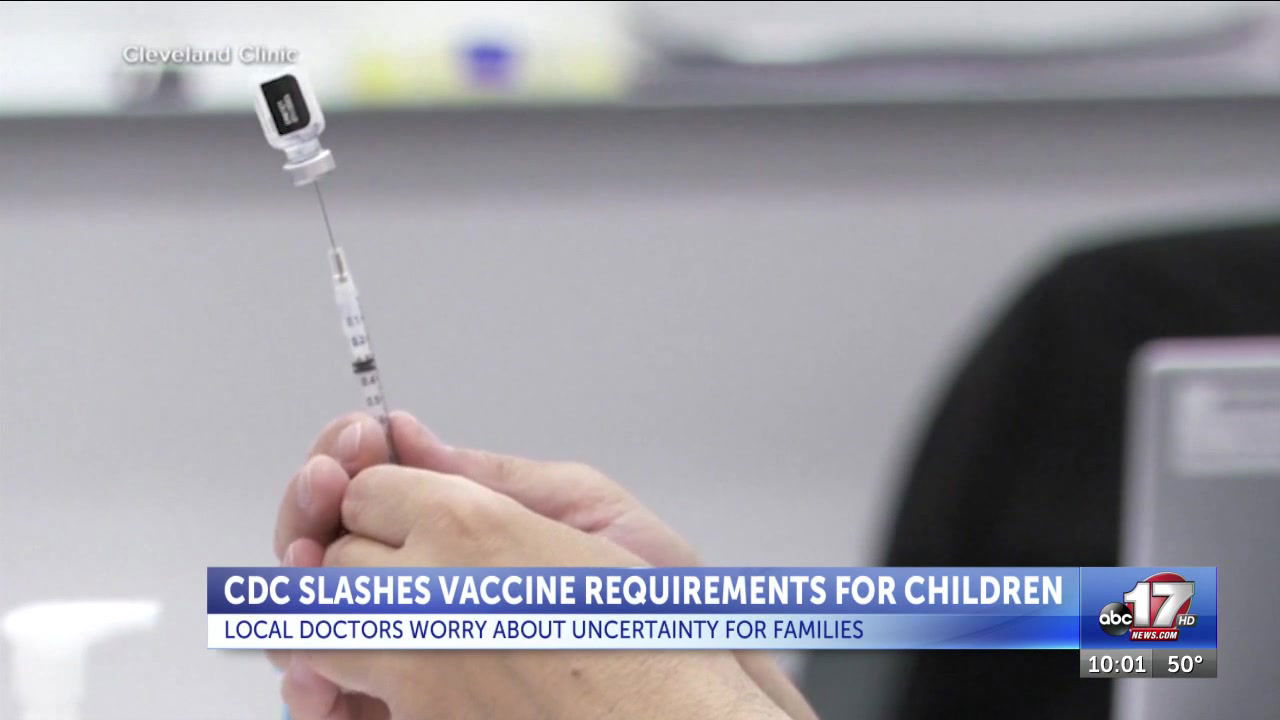A coalition of major US soft-drink and snack-food corporations has launched a concerted effort to counter the health movement led by Robert F. Kennedy Jr., which aims to reduce soda consumption and the intake of ultra-processed foods. This initiative seeks to align Donald Trump‘s supporters, known as MAGA, against Kennedy’s “Make America Healthy Again” (MAHA) campaign. An investigation by The Guardian in collaboration with environmental watchdog Fieldnotes reveals a well-structured network of political strategists, pollsters, and financiers connected to the national Republican Party orchestrating this campaign.
The industry’s strategy relies on a mix of direct lobbying and indirect messaging to sway conservative lawmakers. The American Beverage Association and the Consumer Brands Association, two leading trade groups, are at the forefront of this effort. Major players like Coca-Cola, PepsiCo, and Keurig Dr Pepper, alongside food giants such as General Mills and Nestlé, are financially backing these groups to influence legislation.
A recent annual report from these companies highlighted that the MAHA initiatives pose significant risks to their profits. The reports were issued shortly after Trump nominated Kennedy for the position of Secretary of the US Health and Human Services. Concerns were raised regarding proposed legislation to ban the use of petroleum-based dyes in school meals and restrictions on using SNAP benefits to purchase soft drinks.
The lobbying efforts are particularly focused on messaging that threatens a political backlash against lawmakers who support MAHA initiatives. In an unsigned memo, the beverage industry asserted, “Supporting the SNAP restrictions would betray those voters and that promise,” referring to MAGA supporters who voted for Trump.
Despite facing significant pushback in Washington, MAHA’s efforts have made considerable gains at the state level. A dozen states have successfully sought waivers from the US Department of Agriculture to limit SNAP benefits usage, while several have enacted laws to restrict food dyes in schools. Republican state representative Kristen Chevrier from Utah noted that the industry’s influence is more potent at the federal level than across individual states.
Chevrier remarked, “It’s easier for the big food industries to control the federal government than it is for them to control a whole bunch of different states.” She emphasized that the lobbyists were more concerned about their profits than the health implications for vulnerable populations.
Lobbyists have also employed strategic messaging to undermine the MAHA initiatives at the state level. Emails obtained through public records indicate that lobbyists used MAGA versus MAHA rhetoric to challenge nutrition bills. For instance, soda lobbyist Michael Gardner directed Arizona lawmakers to a poll suggesting that Trump voters wanted SNAP users to be able to purchase soda. This poll was funded by the American Beverage Association and conducted by Public Opinion Strategies, a firm with ties to the Republican Party.
The lobbying process is further complicated by a network of political consultants linked to right-wing think tanks. The Center Square, a media outlet funded by conservative billionaires, has been identified as a channel for disseminating industry-favorable narratives. Despite its claims of independence, it has been labeled as a promoter of partisan viewpoints masquerading as objective journalism.
As lobbying intensified, industry-funded groups like Americans for Food and Beverage Choice ran social media campaigns to sway public opinion against MAHA initiatives. These campaigns feature MAGA-aligned influencers who disseminated industry-approved messages without disclosing their financial ties. This strategy sought to frame the proposed regulations as government overreach.
Furthermore, the social media marketing agency behind these influencers, Influenceable LLC, has been involved in promoting anti-regulatory narratives, asserting that government restrictions unfairly target consumer choice. The agency’s founders, Camron and Liam Rafizadeh, have a history of spreading pro-Trump content and opposing leftist policies.
The industry’s response to the MAHA initiatives has drawn criticism from government officials. Following Arkansas Governor Sarah Huckabee Sanders‘ application for a SNAP waiver, the American Beverage Association labeled her and the head of the USDA as “food police.” In a robust rebuttal, Brooke Rollins, the USDA head, highlighted the importance of prioritizing public health over corporate interests.
As the conflict between the beverage industry and health advocates intensifies, the implications for public health and consumer choice remain significant. The industry’s efforts to mobilize Trump’s base against health initiatives illustrate the complex interplay of politics, health, and corporate influence in America today.







